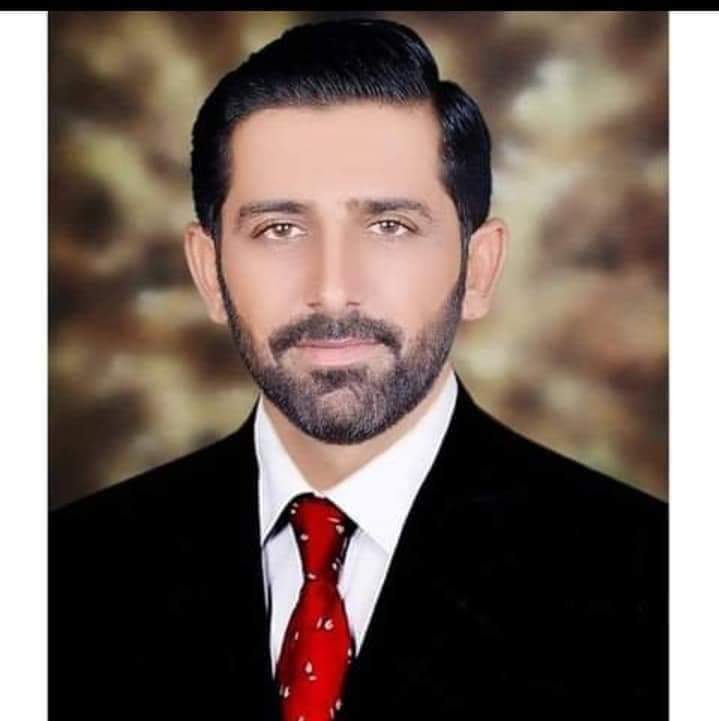South Asian governments misuse law against journalists
The Governments of India, Bangladesh and Pakistan continue to weaponise laws that enable them to assault, arrest and harass journalists. In India, over the past few months, a number of journalists have been charged under Section 124 A of the Indian Penal Code (IPC), which punishes sedition with hefty jail terms. In a disturbing example, Kerala-based journalist Siddique Kappan was arrested and charged with sedition October, on his way to interview the family of a rape victim in the Hathras district of Uttar Pradesh. In May, Dhaval Patel, editor and owner of Gujarati news portal ‘Face of Nation’, was charged with sedition and detained by the police for publishing a report that suggested there would be a change in political leadership in the state. In another case, noted journalist Vinod Dua was charged with sedition by the Himachal Pradesh police.
In Bangladesh, the government continues to misuse the draconian Digital Security Act DSA) to arrest and harass journalists. Data from Bangladesh’s government-run Cyber Crime Tribunal shows nearly 800 cases were filed under DSA in the first nine months of 2020. According to Amnesty International, authorities targeted at least 10 editors of national and regional dailies and online news platforms. The DSA imposes penalties of up to 10 years’ imprisonment or life for alleged repeated offences. In Pakistan, the government has been misusing ‘Prevention of Electronic Crimes Act (PECA)’ to arrest journalists whose reports are deemed to be critical of the government and political party leaders, as demonstrated in the the arrests of journalists Asad Toor, Bilal Farooqi, and Absar Alam who were detained on false charges of carrying weapons.
Source: IFJ


